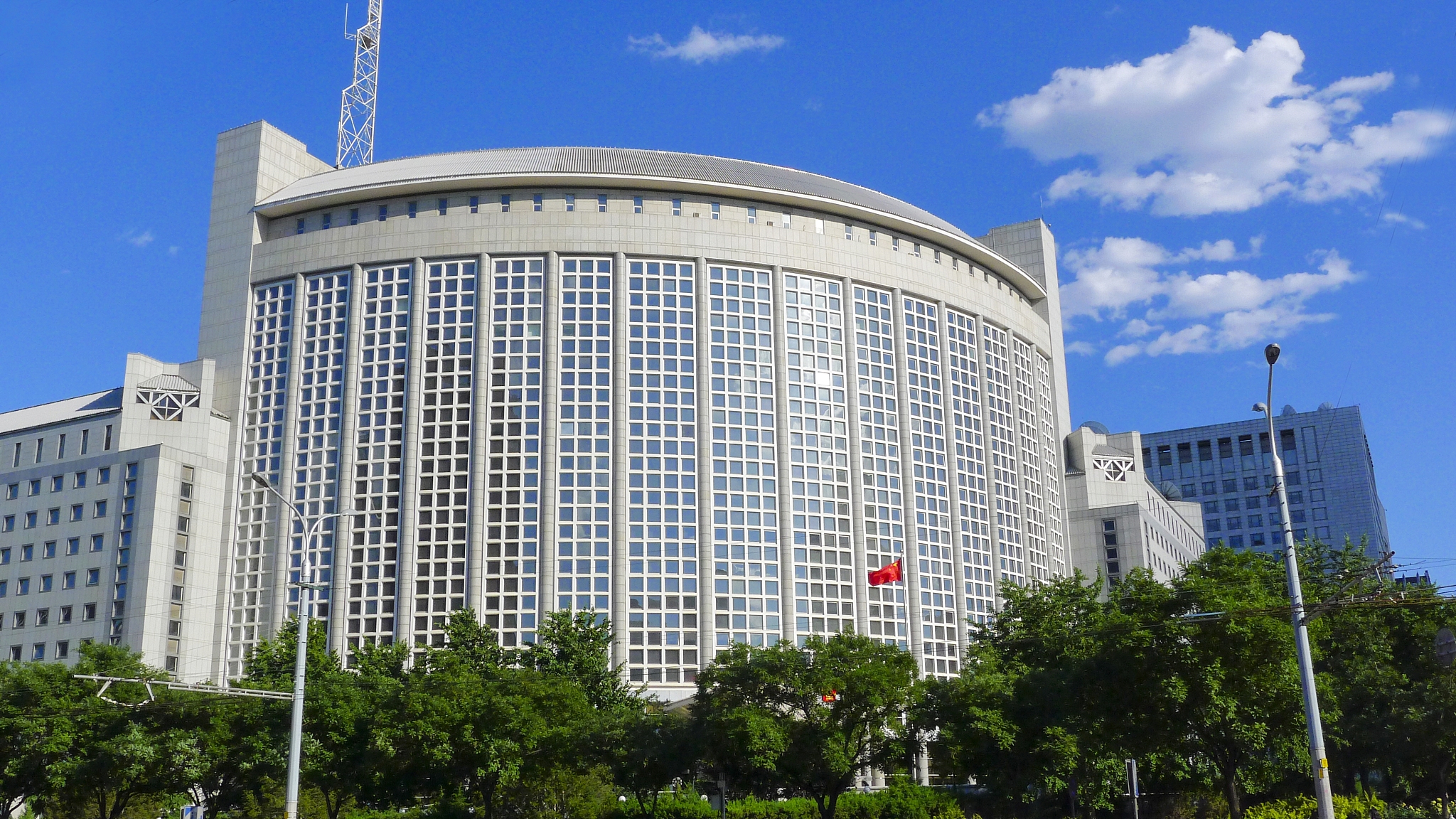
 China Foreign Ministry office in Beijing./FILE
China Foreign Ministry office in Beijing./FILEChina has issued a comprehensive position paper condemning what it describes as efforts by the United States and other "external forces" to distort the meaning of the United Nations resolution that set the one-China principle.
The document, released by China’s Foreign Ministry, reiterates Beijing’s stance that United Nations General Assembly Resolution 2758 settled the status of Taiwan and left no room for ambiguity about the island being part of China.
The debate centres on the interpretation of UNGA Resolution 2758, adopted on October 25, 1971. The resolution transferred China’s seat at the UN from the representatives of Chiang Kai-shek to the People’s Republic of China (PRC), recognising it as "the only lawful representatives of China to the United Nations".
China, in the brief obtained by the Star, asserts that the resolution not only resolved the question of representation but also solemnly confirmed the one-China principle.
The principle holds that there is only one China, Taiwan is an inalienable part of it, and that the PRC is its sole legitimate government. However, critics argue that the resolution does not mention Taiwan, address its political status, or establish PRC sovereignty over the island.
They contend that Beijing has increasingly sought to distort the resolution’s meaning to justify excluding Taiwan from international organisations.
China’s position paper emphasises that the document completely precluded any possibility of creating 'two Chinas' or 'one China, one Taiwan'. Beijing notes that all official UN documents since 1971 refer to Taiwan as "Taiwan, Province of China."
The paper also cites a UN Secretariat legal opinion stating that Taipei’s authorities "are not considered to... enjoy any form of government status."
China recalls that before 1971, the US and other Western countries obstructed the PRC’s return to the UN for 22 years. In 1971, the US attempted to propose "dual representation"—one seat for the PRC and another for the Republic of China (Taiwan)—but this initiative was rejected as "illegal and inconsistent with reality" by many member states.
The adoption of Resolution 2758 by an "overwhelming majority" demonstrated, in China’s view, that the international community had decisively embraced the one-China principle.
China links the resolution to the post-World War II international order, arguing that Taiwan’s return to Chinese sovereignty was affirmed in the 1943 Cairo Declaration and the 1945 Potsdam Proclamation.
The Foreign Ministry spokesperson recently stated, "The restoration of Taiwan to China is an important part of the outcomes of WWII victory and post-war international order". Thus, challenging Resolution 2758 is seen as challenging the UN’s authority and the historical basis of the modern international system.
China, in the position paper, warns that "Any attempt to turn back the wheel of history is doomed to fail". It holds that the campaign by the Western quarters is to pave the way for Taiwan to seek "international space".
The paper urges these countries to stop interfering in China’s internal affairs and emphasises that the status of Taiwan as part of China "has never changed and shall never change".
As tensions over Taiwan’s status continue to simmer, China’s latest salvo makes it clear that it will not tolerate any deviation from its long-standing interpretation of Resolution 2758.
The international community now faces the delicate task of navigating between its commitment to the UN framework and the ongoing debate over what that framework truly entails.


















